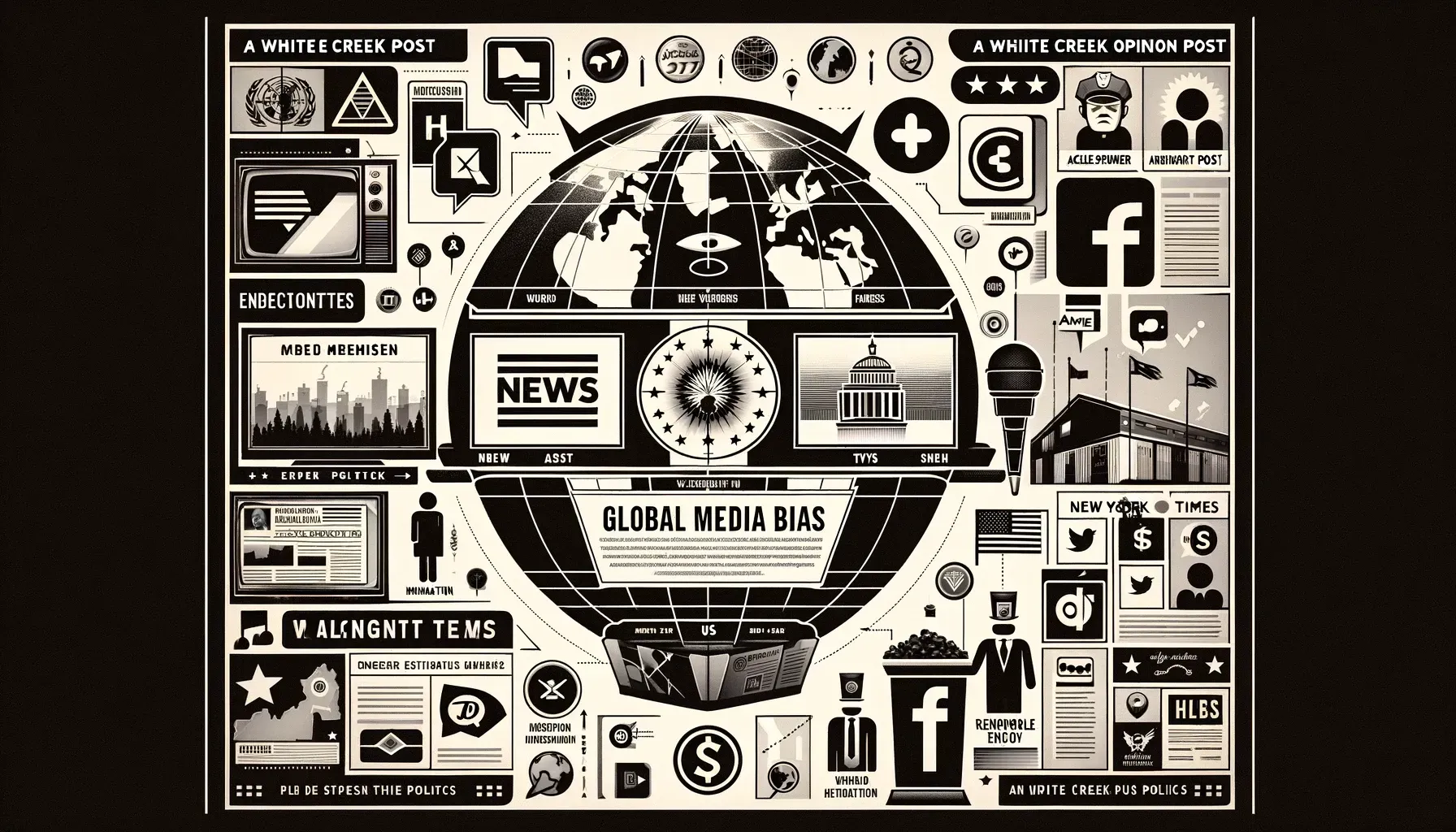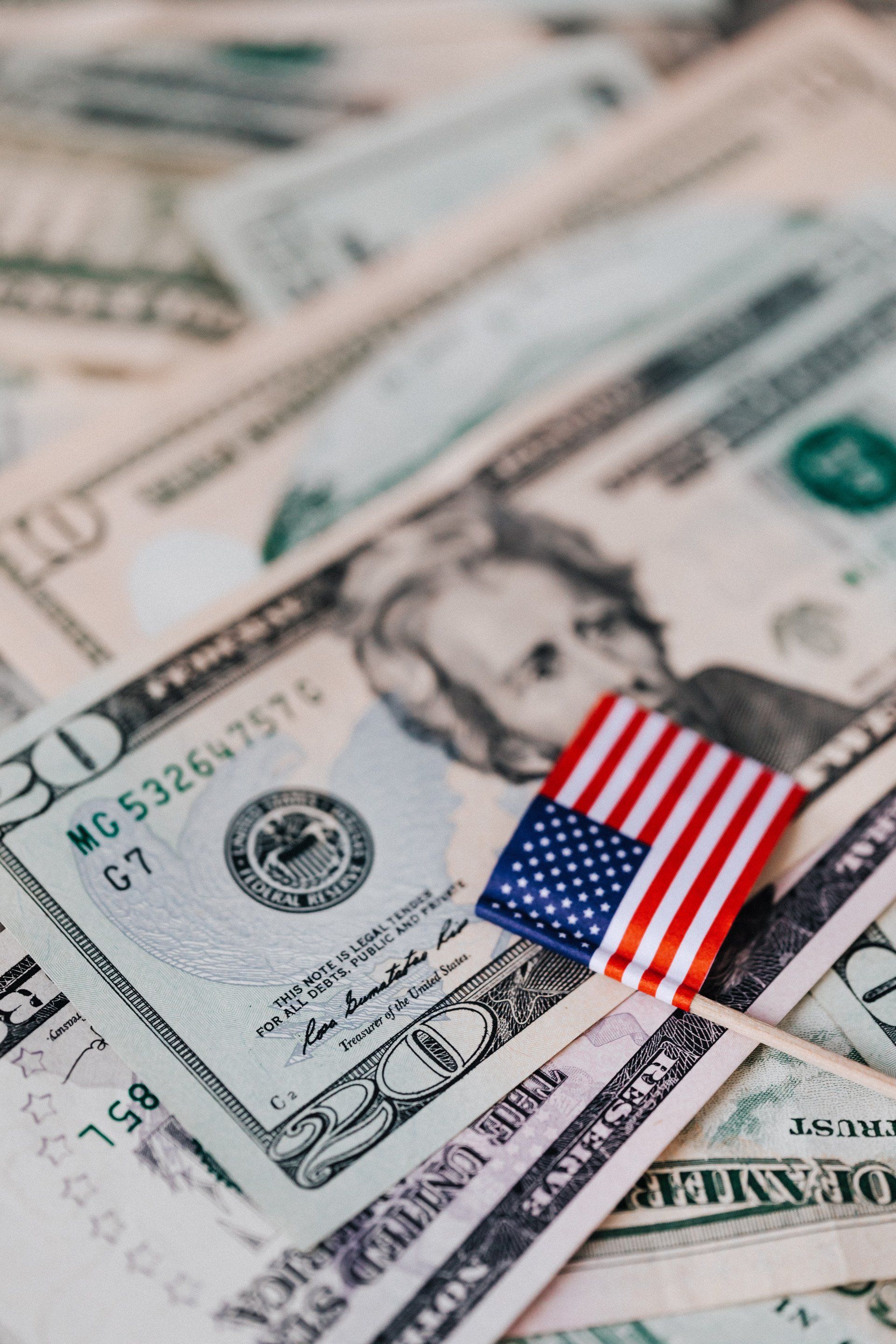Economics – June 2023
The President of the United States claims that the US economy is the strongest globally and takes credit for it. However, let's examine the situation in Europe. The region experienced a recession due to US sanctions on Russia, while the US economy was fueled by the war effort. The Biden administration's economic approach relies heavily on stimulus packages, which have led to inflation. Upon closer inspection, it becomes apparent that the period from Q4 2021 to Q3 2022 may have shown some positive growth, but there are concerns that the momentum may fade.
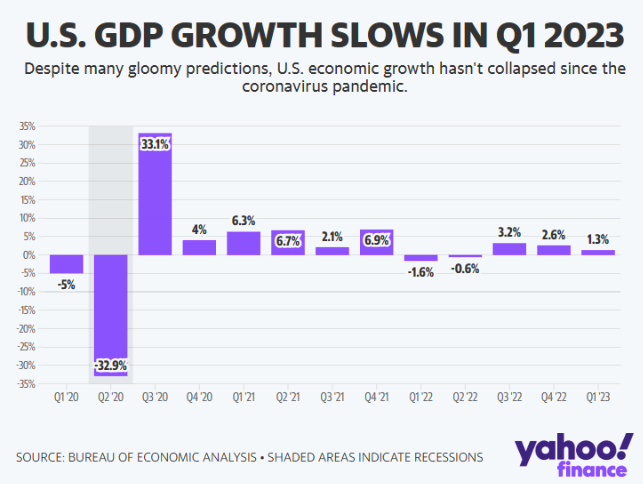
The Labor force is still rebuilding and there are no new jobs created other than bringing people back to work after Covid.See the Interactive Data Here
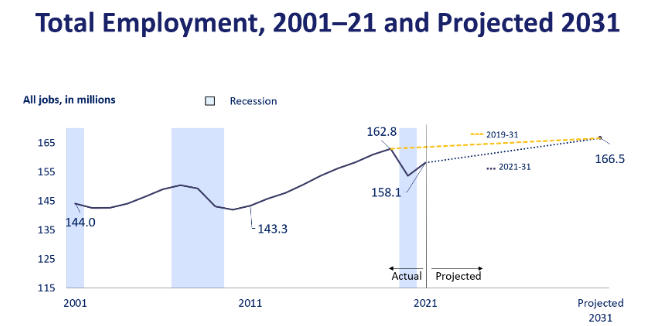
It is worth considering the GDP performance of countries like China and Russia in comparison to the United States. In the case of China, their Q1 GDP is expected to grow by 4.0% year-on-year, compared to 2.9% in Q4. Looking ahead, GDP growth is projected at 5.4% in 2023 and 5.0% in 2024. In terms of inflation, China is expected to experience a rate of 2.3% in both 2023 and 2024. The central bank is anticipated to maintain key lending rates until the end of 2023.
As for Russia, their economy ministry recently revised their GDP forecast, projecting growth of 1.2% in 2023 and 2% in 2024.
Other Outlooks
The U.S. will enter a downturn in the fourth quarter, followed by a “year of contraction and a European recession in 2024,” according to HSBC Asset Management.
In its midyear outlook, the British banking giant’s asset manager said recession warnings are “flashing red” for many economies, while fiscal and monetary policies are out of sync with stock and bond markets.
Joseph Little, global chief strategist at HSBC Asset Management, said while some parts of the economy have remained resilient thus far, the balance of risks “points to high recession risk now,” with Europe lagging the U.S. but the macro trajectory generally “aligned.”
It’s a rare thing to happen, but Germany now looks like the sick man of Europe, a phrase previously often used to describe Britain.
The health of the business sector dropped significantly in June, according to recent data. The Ifo Business Climate index for Germany, which measures the health of the commercial sector, registered 88.5 in June, down from 91.5 in May. Higher numbers show economic strength, whereas lower ones show a weakening of the economy.
This sign of weakness comes hot on the heels of the manufacturing Purchasing Managers Index (PMI) released last week, which also showed a dramatic fall. It fell to 41 in June from 43.2 in the previous month. Figures less than 50 show contraction; this latest data point is the 11th straight drop.
Printing Money the only thing that drives inflation, think what you will, and inflation if not controlled will eventually lead to Bank failures. German and the European Central Bank may have to support the Deutsche Bank while the US and Germany invest (spend) billions in infrastructure and Green Energy, without any evidence that it will simply be spent money?
Look at the US blueprint for Lithium Batteries, I’m sure it is drafted by very smart people, but is it a comprehensive economic plan, or defined by the safe the planet at all cost, while at the same time there is no evidence that renewables will simultaneously be available to support the growing EV Market?
Let Morgan Stanley do the math for you, or is it just an investment advertisement? It is called the global battery economy, it is a paper from 2022, but still interesting.
Sustainable Economy, or circular economy, a coined phrase in the 1990s, was a concept to run your Car 15 or so years, shred it, and use all materials to build a new one. Well, if it were that easy on the hardware, it still needs tires, gas, electricity, etc., to run. Combine this with thoughts by the Climate activists projecting doomsday scenarios with ten billion people by 2050 (or more) that calls more for a dinosaur or Inka scenario, than drowning in water in Canada? Combine the population growth with the initiatives in healthcare, aging, better food supply, or in summary, we are all going to live 150 years or more by 2100, going closer to 30 billion people. Perhaps Mars or outer space can help by then, but for the planet with or without oil, climate change will inevitably remain either warmer or colder as in history, and the planet will still be here even after Greta.
And lastly, another doomsday article by the WEF, discussing how the world could implode. Ever wonder what message we send to our kids, that the only future is, well, like Covid: get vaccinated or die?
On a positive note, here is what 2050 might look like, where we all get along nicely. Think of it, Russia and Europe together could well take the #2 or #3 spot, especially if US/EU relations were to sour. There is a strong link to hate the Russians, weaken the EU so they need the US, but now we are entering politics.

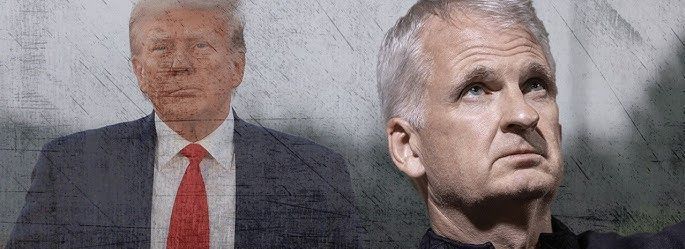

Sign Up For Our Newsletter
We will get back to you as soon as possible
Please try again later


